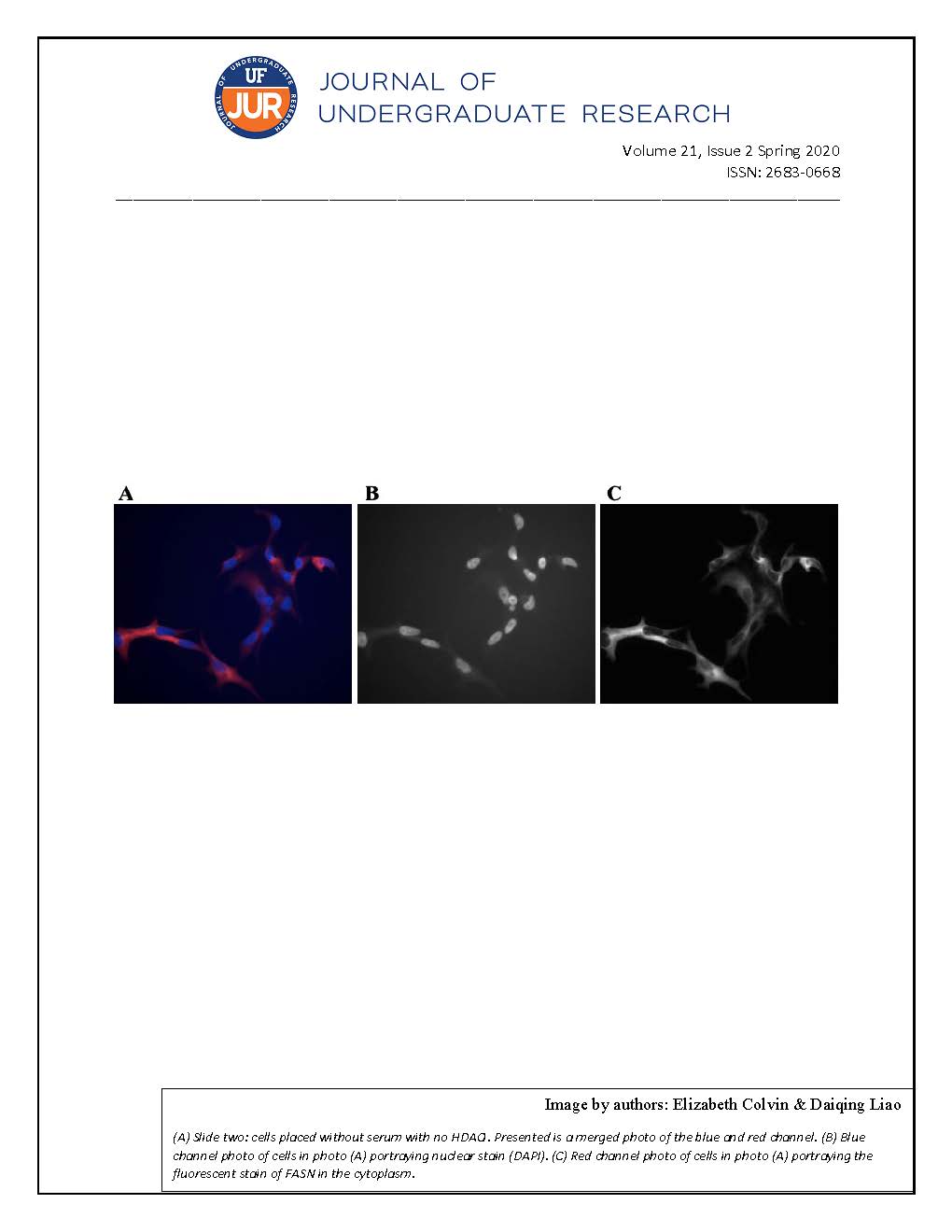Conquering Corruption: An Evaluation of the European Union's Efforts in Ukraine
DOI:
https://doi.org/10.32473/ufjur.v21i2.108700Keywords:
undergraduate research, corruption, civil societyAbstract
Even after the Revolution of 2014, reducing the level of corruption within Ukraine has remained a challenging goal. Ukraine’s border conflict makes adequately addressing the roots of its corruption without unduly undermining state capacity especially challenging. Despite this delicate situation, the establishment of a stable, lawful, and democratic Ukraine is of vital importance to the European Union given its geopolitical significance. Certain arguments in the literature provide a possible solution to both reducing levels of corruption by expanding civil society and thus improving levels of generalized social trust and social accountability. Accordingly, this paper explores the extent and effect of the EU’s support for civil society and anti-corruption efforts in Ukraine. It also examines any counterproductive results from this assistance, such as fueling public cynicism and distrust. With the limited data available, the preliminary findings of this paper suggest that while the factors influencing corruption are complex and interrelated, civil society and anti-corruption efforts may increase aid effectiveness. For more conclusive findings in the future, it will be necessary for more comprehensive and consistent data collection by the European Union and civil society organizations in Ukraine.References
Andersson, S., & Heywood, P. M. (2006). Anti-corruption as a risk to democracy: on the unintended consequences of international anti-corruption campaigns. In L. Sousa, P. Larmour, and B. Hindess. (Eds.), Governments, NGOs and Anti-Corruption (pp. 33-50). Retrieved From: https://www.taylorfrancis
.com/books/e/9781134035465
Bhargava, V., Cutler, K., Ritchie, D. (2011). Stimulating the Demand for Good Governance. Retrieved from the Partnership for Transparency website: https://ppp.worldbank.org/public-private-partnership/sites/ppp.worldbank.org/files/documents/World%20Bank_stimulating%20demand%20for%20good%20governance_EN.pdf
European External Action Service. (2019). EU-Ukraine relations, factsheet. Retrieved from https://eeas.
europa.eu/headquarters/headquarters-homepage_en/4081/%20EU-Ukraine%20relations,%20factsheet
International Aid Transparency Initiative. IATI Datastore CSV Query Builder. Retrieved from http://datastore.iatistandard.org/query/
International Cooperation and Development. Aid Transparency. Retrieved from https://ec.europa.eu/europeaid/policies/eu-approach-aid-effectiveness/aid-transparency_en
Kiev International Institute of Sociology (2015). Corruption in Ukraine. Retrieved from https: //kiis.com.ua/materials/pr/20161602_corruption/Corruption%20in%20Ukraine%202015%20ENG.pdf
Kiev International Institute of Sociology. Keiv Archive
National Bank of Sociological Data. Retrieved From http://ukraine.survey-archive.com/
Kunicová, J. (2006). Democratic institutions and corruption: incentives and constraints in politics. In S. Rose-Ackerman (Ed.), International Handbook on the Economics of Corruption (pp. 140-160). Retrieved From http://untag-smd.ac.id/files/Perpustakaan_Digital_1/CORRUPTION%20International%20
handbook%20on%20the%20economics%20of%20corruption.pdf
Letki, N, & Evans, G. (2005, July). Endogenizing Social Trust: Democratization in East-Central Europe. British Journal of Political Science, 35, 515-529. doi: 10.1017/S000712340500027X
Lough, J., & Dubrovskiy, V. (2018). Are Ukraine’s Anti-corruption Reforms Working? Retrieved from publications on Chatham House website: https://www.chathamhouse.org/sites/default/files/publication
s/research/2018-11-19-ukraine-anti-corruption-reforms-lough-dubrovskiy.pdf
Marín, J. M. (2016, January). Evidence of citizen engagement impact in promoting good governance and anti-corruption efforts. Retrieved from U4 Anti-Corruption Resource Center website: https://www.u4.no/publications/evidence-of-citizen-engagement-impact-in-promoting-good-governance-and-anti-corruption-efforts.pdf
Mungiu-Pippidi, A. (2013, January). Controlling Corruption Through Collective Action. Journal of Democracy, 24, 101-115. Retrieved from https://www.journalofdemocracy.org/article/controlling-corruption-through-collective-action
Schmidt, D. (2007). Anti-Corruption: What Do We Know? Research on Preventing Corruption in the Post-communist World. Political Studies Review, 5, 202-232. doi: 10.1111/j.1478-9299.2007.00129.x
Transparency International. Corruption Perceptions Index. Retrieved from https://www.transparency.org/research/cpi/overview
UK Department for International Development (DFID) (2015, January). Why corruption matters: understanding causes effects and how to address them (Evidence paper on corruption). Retrieved from https://assets.publishing.service.gov.uk/government/uploads/system/uploads/attachment
_data/file/406346/corruption-evidence-paper-why-corruption-matters.pdf
Ukrainian Society Scientific Journal. Archive. Retrieved From https://ukr-socium.org.ua/archives/
US Agency of International Development. CSO Sustainability Index Methodology. Retrieved From https://www.usaid.gov/what-we-do/democracy-human-rights-and-governance/cso-sustainability-index-methodology
Wolczuk, K., & Žeruolis, D. (2018, August). Rebuilding Ukraine: An Assessment of EU Assistance. Retrieved from publications on Chatham House website: https://www.chathamhouse.org/sites/
default/files/publications/research/2018-08-16-rebuilding-ukraine-eu-assistance-wolczuk-zeruolis.pdf
World Bank Group. Worldwide Governance Indicators. Retrieved from http://info.worldbank.org/governance/wgi/#home
Zapata, M. (2018, August). Collective Action Theory Applied to Anti-Corruption Practice: A Bolivian Case Study (Research Paper Series No. 07). Retrieved from International Anti-Corruption Academy website: https://www.iaca.int/images/Research/Research_Paper_07_Martin_Zapata_final.pdf
Downloads
Published
Issue
Section
License
Some journals stipulate that submitted articles cannot be under consideration for publication or published in another journal. The student-author and mentor have the option of determining which journal the paper will be submitted to first. UF JUR accepts papers that have been published in other journals or might be published in the future. It is the responsibility of the student-author and mentor to determine whether another journal will accept a paper that has been published in UF JUR.

